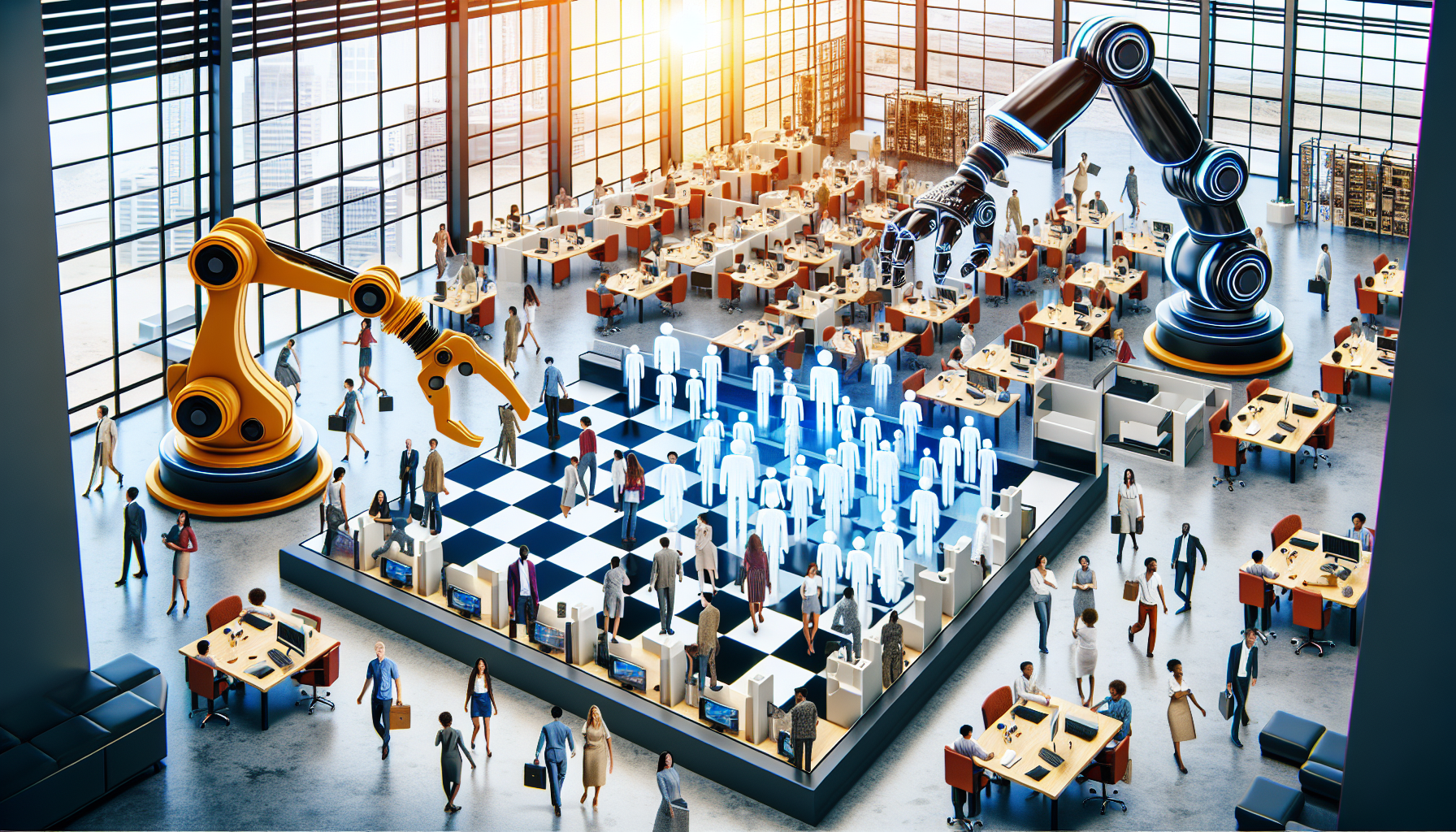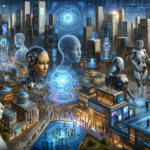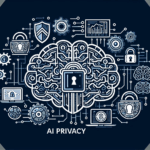5 Predictions About the Future of AI and the Job Market That’ll Shock You
AI and Job Market: Navigating the Future of Work
Introduction
In an era defined by relentless technological advancements, the interplay between AI and the job market is gaining significant traction. As AI and job market dynamics evolve, it becomes essential to understand their complex relationship. From AI automation ushering in new efficiencies to the looming shadow of job displacement, understanding the shifts within the future of work is crucial. This blog post aims to delve into these dynamics and highlight the indispensable need for reskilling in an AI-driven world.
Background
As we explore the evolution of AI in the job market, it’s imperative to look back at history. Technological revolutions of the past, like the Industrial Revolution, drastically reshaped job roles. Similarly, AI is currently in the process of redefining industries. Today, AI enhances productivity and decision-making across sectors, but it’s not without risks. For example, the recent breach in McDonald’s AI hiring bot, created by Paradox.ai, exposed vulnerabilities that could compromise personal data of over 64 million job applicants source. Such incidents highlight the real-world challenges of integrating AI with job recruitment processes, emphasizing data security’s critical role in leveraging AI.
Trend
The trend towards AI automation is undeniable, sweeping across multiple industries and creating a landscape where machine intelligence drives efficiency. According to recent statistics, a significant number of jobs are at risk due to AI’s growing presence. Yet, companies pursuing AI-driven efficiencies must navigate ethical considerations, such as ensuring fair labor practices. Take the assembly line, historically synonymous with human labor, now increasingly dominated by AI robotics, effectively showcasing how AI automation transforms traditional job roles.
A current example involves financial industries, where AI algorithms not only augment trading processes but also replace human jobs, necessitating a fine balance between technological advancement and workforce stability. Businesses must weigh automation benefits against the potential job displacement impacts source.
Insight
While the fear of job loss due to AI is prevalent, it also opens a window of opportunity for reskilling and upskilling. As AI takes charge of repetitive tasks, there’s a rising demand for skilled labor capable of managing and co-operating with AI technologies. This transition demands an education strategy shift—one that places emphasis on digital literacy, data analytics, and soft skills like critical thinking and leadership.
A pertinent analogy might involve the shift from horses to cars. As cars became prevalent, new roles emerged not as coachmen but as mechanics, engineers, and designers—people who adapted to the new mode of transportation and leveraged new opportunities. Similarly, modern industries require employees to transition and reskill, harnessing new AI applications to boost productivity.
Forecast
Looking to the future, the impact of AI on job market dynamics promises to be profound. We can anticipate sectors like health care, finance, and tech experiencing transformational changes, with AI enhancing service delivery models while creating new job categories. For instance, AI’s integration into healthcare promises efficiencies in diagnostics and administrative tasks, allowing medical professionals to focus more on patient care.
However, the challenge lies in managing these shifts—ensuring the workforce adapts through targeted reskilling initiatives. Predictions indicate a future where AI proficiency will be a standard requirement across industries, making lifelong learning a necessity for employability.
Call to Action
As we stand on the cusp of these changes, it’s incumbent upon both individuals and organizations to take proactive steps. Engage actively in reskilling initiatives, stay informed about AI advancements, and embrace a mindset of continuous learning. The future of work is shaped by not only technology but also by our response to it.
We encourage you to share your thoughts on AI and job market trends—every perspective adds depth to understanding these complex interactions and shaping a future that benefits all.



